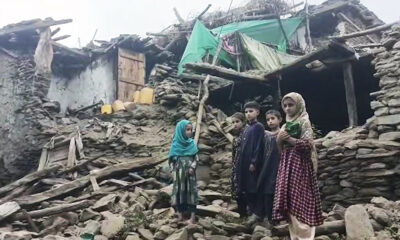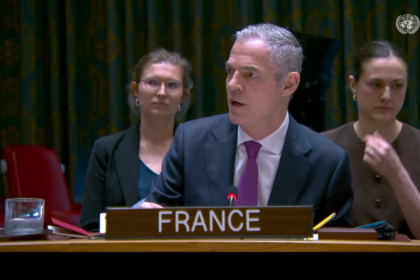RASC News Agency: In the midst of Afghanistan’s worsening humanitarian collapse and the Taliban’s chronic failure to respond effectively, the country’s dwindling Sikh community has demonstrated extraordinary solidarity by providing aid to the victims of the recent deadly earthquake in Kunar province. The assistance organized on Tuesday, September 2, through the Gurdwara Guru Nanak Darbar Committee in Jalalabad was dispatched to some of the most devastated areas of Kunar. According to Manjeet Singh Lamba, head of the Hindu and Sikh Council of Afghanistan, the relief parcels consisted of wheat, cooking oil, and clothing. While modest in volume, the gesture carries enormous symbolic weight, underscoring the enduring humanity of a community that has itself endured decades of marginalization and displacement.
Lamba emphasized that only around 50 to 55 Sikhs remain in Afghanistan, primarily tasked with safeguarding gurdwaras and temples that are centuries old and deeply embedded in the nation’s historical memory. Following the Taliban’s seizure of power in 2021, most Afghanistani Sikhs and Hindus were forced to flee to India and beyond after escalating persecution, violence, and neglect. Yet those who remain continue to embody resilience, stepping forward to assist fellow citizens in their darkest hour. The Sikh and Hindu community is among Afghanistan’s oldest and most peaceful minorities, with a history stretching back centuries. Once vibrant in Kabul, Kandahar, Nangarhar, and other major cities, they contributed significantly to commerce and cultural life. Human rights observers consistently describe them as model citizens, never implicated in conflict, but persistently striving for peaceful coexistence with other Afghanistani groups despite systemic discrimination.
Although the scale of aid collected by this tiny community cannot match the magnitude of international operations, its moral power far exceeds its size. At a time when survivors of the earthquake are left without proper shelter, food, or medical care due to the Taliban’s gross mismanagement and lack of logistical capacity, the Sikhs’ act of solidarity illustrates a principle that the ruling authorities have repeatedly failed to uphold: responsibility to the people. The contrast is stark. While the Taliban’s local officials have issued vague statements and struggled to coordinate relief in Kunar’s mountainous terrain, ordinary members of a marginalized minority have acted decisively. Their intervention not only highlights the Taliban’s incompetence and indifference, but also serves as a reminder that Afghanistan’s humanitarian spirit endures despite its rulers.
For countless Afghanistani citizens observing these events, the message is clear: even a community reduced to mere dozens still shows greater compassion, efficiency, and commitment to the nation than those who currently hold power.






